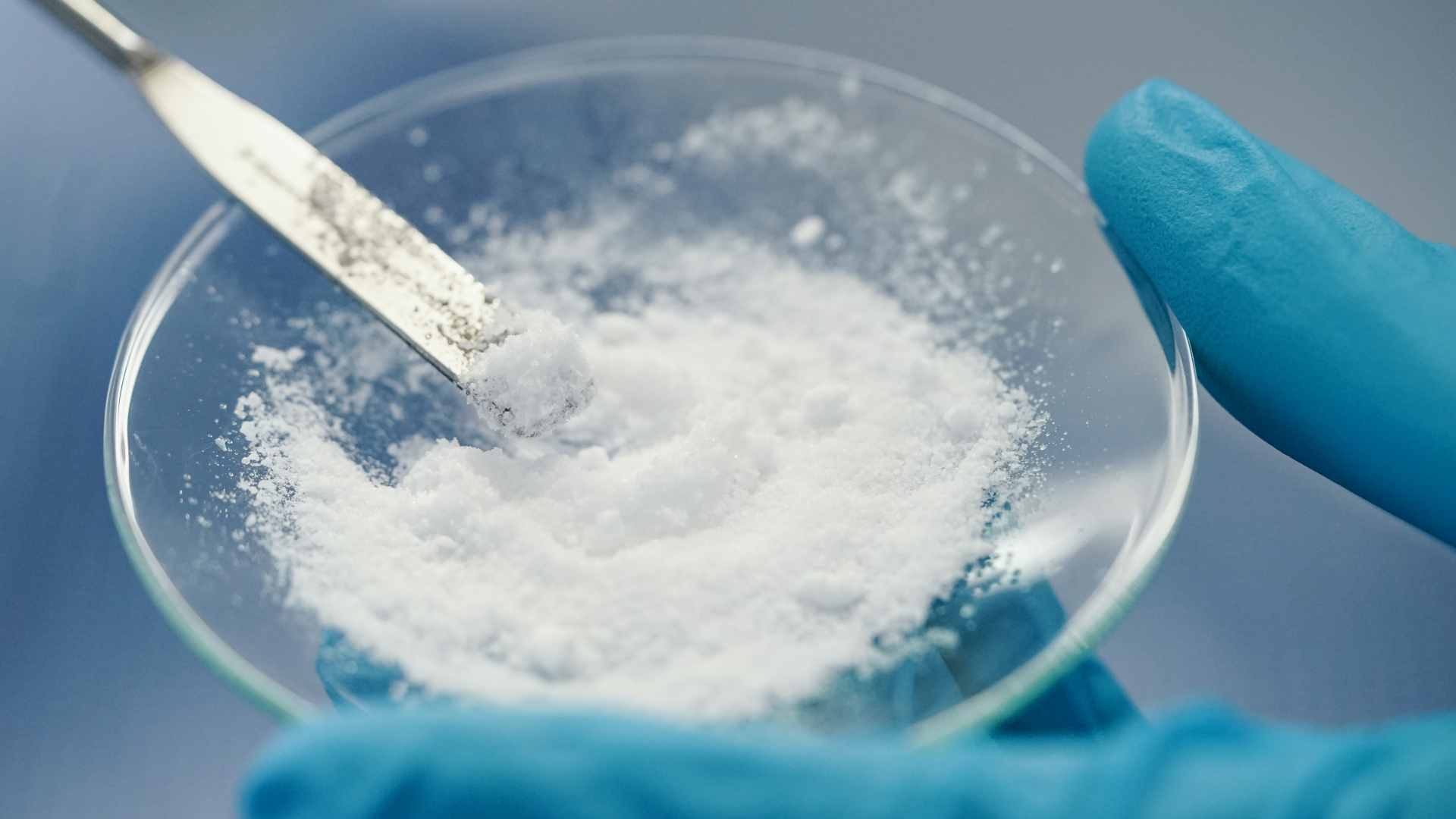As of: 03/26/2022 4:27 PM
In the Rhineland-Palatinate, there are plans to extract the coveted lithium using geothermal energy – less environmental damage than it is abroad. Opponents fear the dangers to the region’s residents.
Lithium – a light metal that at the same time has become indispensable in modern technology. Lithium is found in electric car batteries, cell phone batteries, and all kinds of other technical devices. But the method of disassembly is controversial.
The largest lithium deposits are found in South America. There are raw materials bound in huge salt lakes. For extraction, the lithium-rich brine is pumped into large vats and the lithium is extracted by evaporation under sunlight. Environmentalists criticize this type of funding, among other things, for water consumption.
Is Lithium ‘Made in Germany’ More Environmentally Friendly?
Vulcan Energie wants to offer a solution to this – using lithium from Germany. Engineers promise to mine “green” lithium, without any carbon dioxide emissions, with the help of geothermal energy in the Palatinate Upper Rhine Graben. Thermal waters at depth contain a lot of lithium. Through a special geothermal process, the water containing lithium is pumped to the surface and the valuable raw materials are filtered. Horst Kreuter, general manager of Vulcan Energy, estimates that lithium can be produced for 1,300 mobile phone batteries per minute. Since the process does not require any additional energy, it is practically climatically neutral. After extraction, the water is again pumped underground.
In the new laboratory, research is carried out for production on an industrial scale. Although there are no machines and no financing permission yet, Vulcan Energie has already entered into contracts. Many companies plan projects. Vulcan Energy alone wants to invest 1.7 billion euros. “Phase one will lead us to 40,000 tons of lithium hydroxide. That’s enough for about one million car batteries per year. And the more projects we do, the more we can deliver. And we’ll be able to meet German demand,” Kreuter promises. But this depends on whether the project is realized or not.
Resist citizens’ initiatives
The company wants to deliver the coveted lithium from 2025 – that’s the plan. But there is also opposition to the project: several citizen initiatives in the area have joined forces against expansion. “It is incomprehensible that one would want to build more geothermal plants here,” says Werner Muller of the Citizens Initiative for Geothermal Energy in Landau.
Cracks in the streets of Landau: opponents of geothermal energy blame the system for it. The technology caused earthquakes that caused the damage.
Photo: SWR
Mueller shows the damage to the facade of his office building. The cracks are said to have been caused by earthquakes in 2009 and 2010 – which caused the creation of the Landau geothermal power plant a few hundred meters away, Muller is convinced. Accurately records the small tremors recorded by the measuring sensors around the two power stations at Landau and Ensheim. In Enshim alone, he says, there have been more than 160 earthquakes since 2009. Many homeowners in the area have been affected and report damage to their buildings.
Earthquake risk from extreme stress
The Karlsruhe Institute of Technology (KIT) is also looking to extract lithium from thermal waters. How do scientists assess the risks and opportunities of the procedure? “In the Upper Rhine region, there are many examples of earthquakes caused by such processes. This requires a careful assessment of the risks,” says Jochen Kolb, professor at KIT. The danger: behind the production plant, the water must be pressed again. If the pressure rises too much, it can cause earthquakes. But greater pressure brings more productivity, more heat and also more lithium, that is, more profit.
Jochen Kolb, a professor at the Karlsruhe Institute of Technology (KIT), sees the risks, but also the opportunities.
Photo: SWR
But Kolb also sees opportunities: The technical process for extracting lithium is now doing well in the lab. If lithium is extracted in addition to power and heat generation in geothermal power plants, as a kind of by-product, it could make the process doubly profitable. So far, power generation has played only a minor role compared to other forms of renewable energy, and also due to the high investment costs.
No permits have been granted yet
On SWRThe Ministry of Economic Affairs of the Rhineland-Palatinate explains that securing the supply of raw materials is important, as is protection against accidents. The Rhineland-Palatinate State Office of Geology and Mining has so far issued permits only for lithium searches. This is the first step. However, the state office has not yet received any concrete requests for earthquake exploration, drilling testing or the like.
Vulcan intends to make such requests as soon as possible. Lithium requirements are indisputable, and there is no need to worry about potential earthquakes: “Processes that existed in the past will not exist in the future. We understand how we have to operate geothermal projects in order to operate safely,” promises Vulcan General Manager Kreuter.
This does not convince critics from citizen groups: “Of course this worries us, we have heard that 50 to 60 geothermal plants will be built here. And we have evidence here that this will not work in the long term and that there are significant risks and risks”, says the energy opponent Geothermal Muller from the Landau Citizens Initiative.
Lithium production using geothermal energy is an attractive opportunity for investors. But in order to be able to start, all layers of the Earth must first be examined in detail down to the depths. And when that will happen is still not clear.

“Certified tv guru. Reader. Professional writer. Avid introvert. Extreme pop culture buff.”







More Stories
Samsung Quantum Dot TV: Art meets technology
Pitch: €56m for energy startup Reverion
Plastoplan: Plastics for Energy Transition